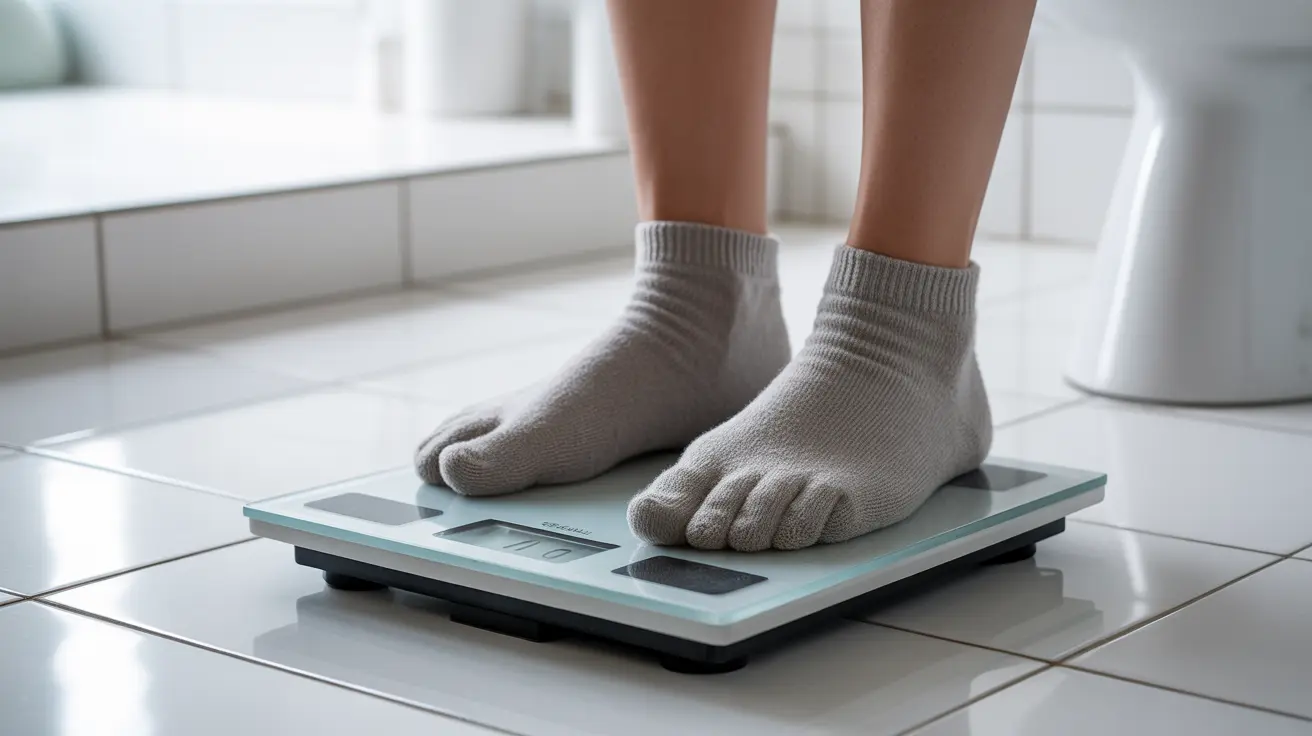Understanding when and how to weigh yourself properly can make a significant difference in tracking your weight management journey effectively. While stepping on the scale might seem straightforward, the timing and consistency of your weigh-ins can greatly impact the accuracy of your measurements.
In this comprehensive guide, we'll explore the optimal timing for weighing yourself and establish best practices to ensure you're getting reliable results that truly reflect your body weight changes.
Morning Weigh-Ins: The Golden Standard
Research consistently shows that weighing yourself first thing in the morning provides the most accurate and consistent results. This timing is optimal for several key reasons:
- Your body has had time to process food and liquids from the previous day
- You're typically dehydrated after sleeping
- Your body has been in a fasting state for several hours
- Hormone levels are more stable in the morning
To maximize accuracy, try to weigh yourself immediately after using the bathroom and before eating or drinking anything. This creates a baseline that's easier to replicate day after day.
Establishing a Consistent Weighing Routine
Choose Your Frequency
While daily weighing works well for some people, others might benefit from weekly measurements. The key is finding a schedule that provides useful data without causing anxiety:
- Daily weighing: Provides more data points and helps identify patterns
- Weekly weighing: Reduces focus on daily fluctuations
- Bi-weekly weighing: Offers a balanced approach for casual tracking
Create the Right Environment
Consistency in your weighing environment is crucial for accurate measurements:
- Use the same scale every time
- Place the scale on a hard, flat surface
- Wear similar clothing (or none) for each weigh-in
- Keep the scale in the same location
Understanding Weight Fluctuations
Your weight naturally fluctuates throughout the day due to various factors:
- Water retention
- Food and drink consumption
- Hormone changes
- Exercise and sweating
- Sodium intake
- Carbohydrate consumption
These normal variations make it essential to weigh yourself at the same time each day under similar conditions to get meaningful comparisons.
Beyond the Scale: Comprehensive Progress Tracking
While regular weigh-ins are valuable, consider incorporating other measures to track your progress more holistically:
- Body measurements
- Progress photos
- Clothing fit
- Energy levels
- Fitness performance
- Sleep quality
When to Adjust Your Weighing Routine
Sometimes, regular weighing might not serve your best interests. Consider modifying or pausing your routine if you notice:
- Anxiety or stress about stepping on the scale
- Obsessive thoughts about weight
- Impact on your eating habits or mood
- Decreased self-esteem related to weigh-ins
Frequently Asked Questions
What is the best time of day to weigh yourself for the most accurate results? The most accurate time to weigh yourself is first thing in the morning, after using the bathroom and before eating or drinking anything. This provides the most consistent baseline for comparison.
How often should I weigh myself to effectively track my weight loss or gain? The ideal frequency varies by individual. Daily weighing provides more data points but may cause anxiety for some people. Weekly weigh-ins are often sufficient for tracking trends while maintaining a healthy perspective.
Why is it important to weigh yourself under consistent conditions each time? Consistent conditions eliminate variables that can affect your weight measurement, such as different clothing, time of day, or food intake. This ensures your measurements are comparable and truly reflect changes in your body weight.
Can daily weighing cause negative feelings or unhealthy behaviors, and when should I stop? Yes, daily weighing can trigger anxiety or unhealthy behaviors in some individuals. Consider reducing frequency or stopping if you notice obsessive thoughts about weight, increased anxiety, or negative impacts on your eating habits or mood.
How can I track my weight progress beyond just using the scale number? Track multiple indicators of progress including body measurements, progress photos, clothing fit, energy levels, and fitness performance. These metrics often provide a more complete picture of your health journey than scale weight alone.




